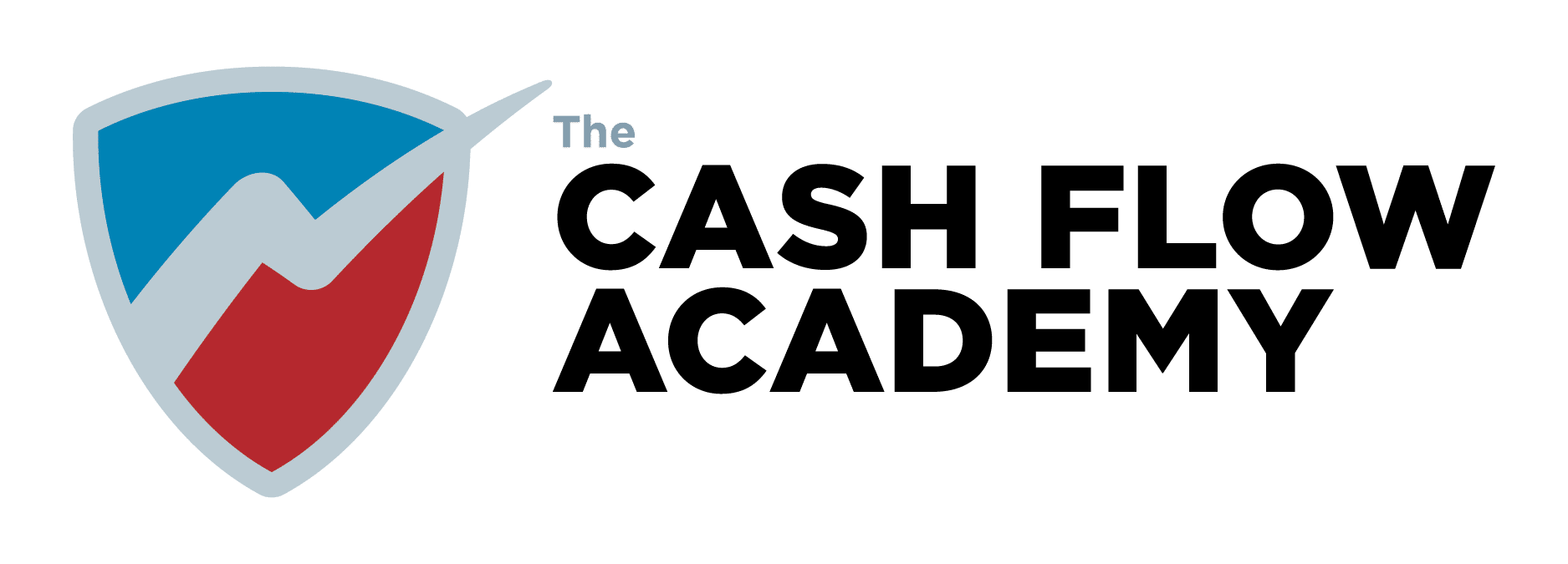The 401(k) retirement account has become an integral part of many people’s retirement plans.
It offers a wide range of seemingly attractive advantages, including tax-deferred growth and the ability to contribute pre-tax money. However, despite its many advantages, there are several potential risks associated with relying on a 401(k) account for retirement.
First, there is the risk of inadequate contributions. Though the 401(k) plan is traditionally considered a good vehicle to help people save for retirement, the truth is that most accounts are both woefully underfunded and also limited on their ability to compound. In our book 401(k)aos, we show how Wall Street shares legally steal the lion’s share of a typical 401(k) account’s profits.
Second, there is the risk of market volatility. Over many years, the stock market goes through periods of volatility, which means significant ups and downs. A 401(k) account is directly linked to the stock market, meaning that it is subject to these same ups and downs. While stocks generally provide good returns over the long-term, they can also suffer sharp losses in a short period of time. This can be a particular risk for those relying on their 401(k) account for retirement, as their retirement savings may be significantly impacted by market downturns.
Third, there is the risk of employer contribution cuts. Many employers offer matching contributions to their employees’ 401(k) accounts. However, employers can reduce or eliminate these contributions at any time, meaning that employees’ retirement savings may be significantly impacted. Additionally, employer contributions may be subject to vesting, which means that employees may not be able to access them until a certain amount of time has passed.
Finally, there is the risk of outliving one’s savings. Many people rely on Social Security as a primary source of retirement income, but this may not be enough to fund a comfortable retirement. Additionally, a 401(k) account may not provide enough money to last through an extended retirement. Without other sources of retirement income, such as a pension or other investments, a 401(k) account may not be able to provide enough money to last through an extended retirement.
To learn more about how The Cash Flow Academy can help you make the most of your investment decisions, click here to register for our upcoming webinar.
